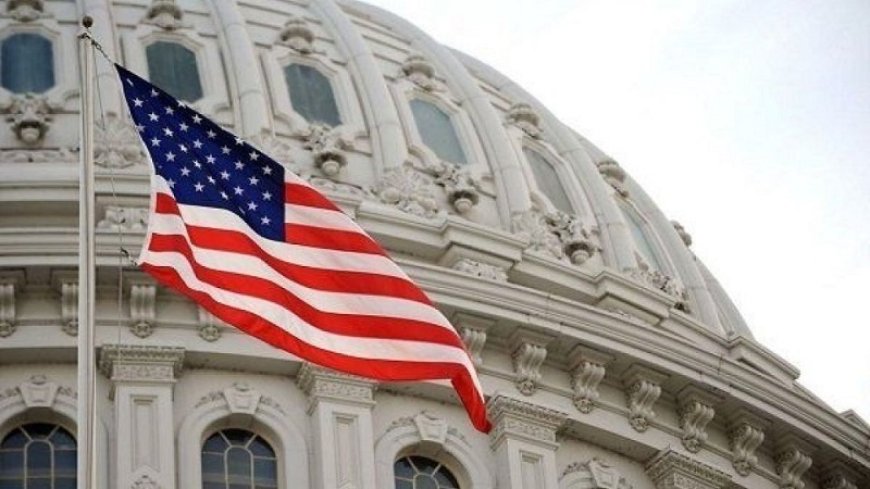Yemen: "US weapons are killing us"

SANAA - For years, Yemeni families and organizations have been trying to undermine the direct and indirect sponsors of the war that has devastated their country since March 2015.
Nine years ago, then President Obama and the head of the CIA Petraeus were sued in a US court for the killing of two civilians in one of the countless drone attacks that were supposed to hit al Qaeda. In 2018, they attempted to drag Saudi Crown Prince Mohammed bin Salman, the puppeteer of the nearly decade-long operation against the Shiite Houthi movement, before a court. And then the United Arab Emirates, the second force in the Sunni coalition that intervened in Yemen eight years ago.
NOW IT'S THE TURN of the largest US military companies, giants that fill the globe with any type of weapon: Raytheon, Lockheed Martin and General Dynamics are accused, by the Yemeni families who filed the complaint, of "helping and facilitating war crimes and extrajudicial killings », through the supply of war equipment to the Saudi-led coalition. Complaint filed in a district court in Washington DC and which brings up the two leaders of the war, the Saudi Mohammed bin Salman and the Emirati Mohammed bin Zayed, but also the US secretary of state Blinken and the head of the Pentagon Austin, responsible for the approval of the arms purchase contracts in favor of the three companies.
Two cases mentioned (a massacre at a wedding in 2015 and one at a funeral the following year, respectively 43 and 100 dead) "covered" by the US Torture Victim Protection Act of 1991 which allows victims of crimes to receive compensation if responsible are located in the United States. “YEAR AFTER YEAR – reads the complaint – bombs fall on wedding tents, funerals, fishing boats, school buses, killing thousands of civilians and helping to make Yemen the largest humanitarian crisis in the world”. The UN gave the latest data on the war a few days ago: 375,000 dead (of which 60% from indirect causes, i.e. hunger and disease), 21 million people in need of food aid, 17 million below the poverty line, 4.5 million internally displaced.
After the gloomy balance sheet, the UN has denounced the lack of international generosity: of the 4.3 billion dollars requested to buffer the crisis in 2023, only 1.2 have arrived. In 2022, only 2.3.













































